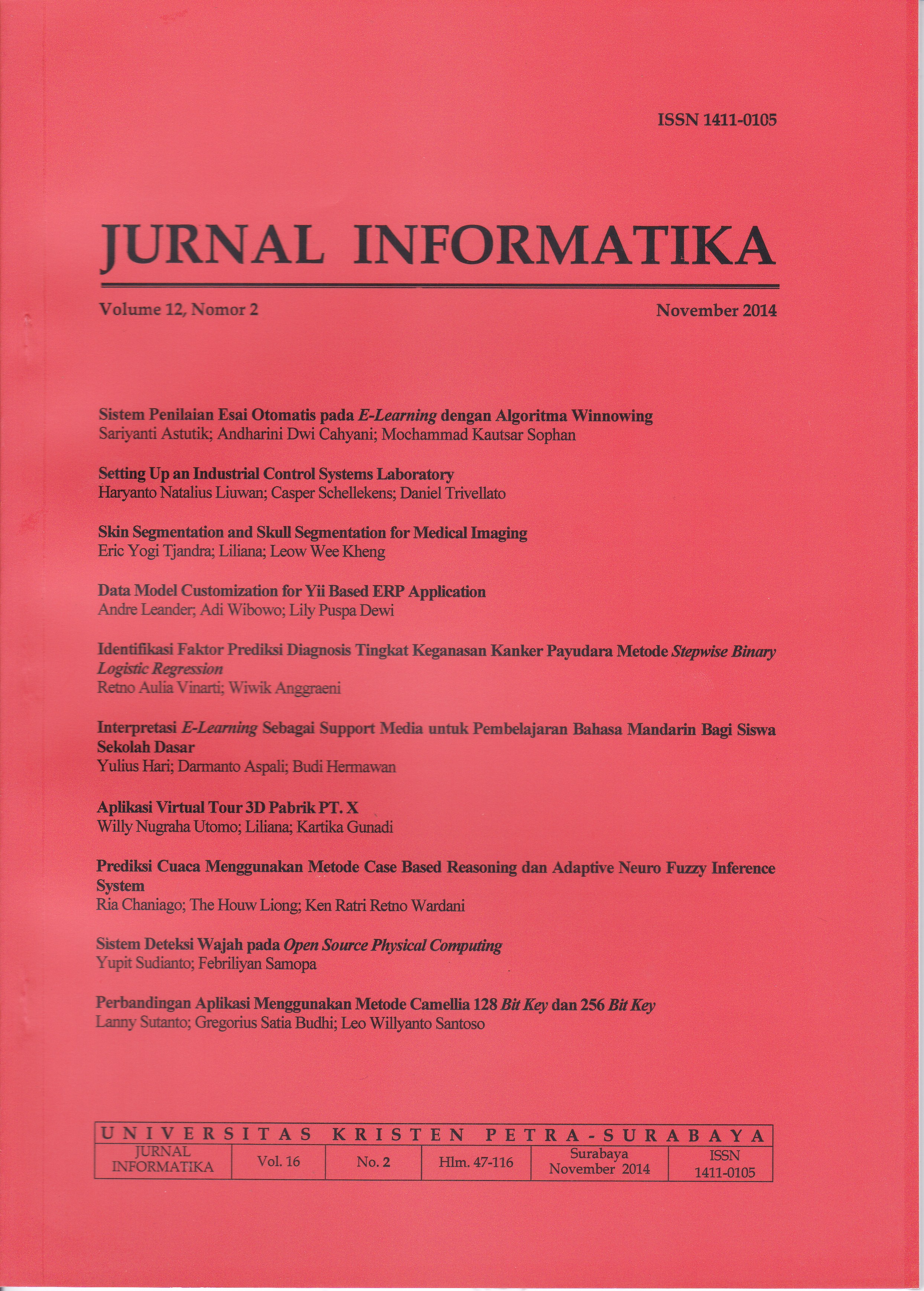THE ROLE OF SAP BUSINESS OBJECT TO SUPPORT A BUSINESS INTELLIGENCE PERFORMANCE
 :
:
https://doi.org/10.9744/informatika.14.1.53-58
Keywords:
SAP Business Object, Business Intelligence, Suppor.Abstract
As the world of information and communication technology grows, it is becoming increasingly important for the role of technology as the primary information processor in every line of human life today. It can be concluded that the current role of technology has evolved into needs, not just corporate or academic interests. This creates the birth of a new economy marked by the high penetration of the use of IT (Information Technology) in the business transaction process, so the concept evolves into a smart business, thus improving business performance. So the concept of SAP Business Object to be applied this can help improve the company's performance to continue to innovate on an ongoing basis.
References
Horakova, Marketa, and Hana Skalska. 2013. "Business Intelligence and Implementation in a Small Enterprise." Journal of systems integration 4.2 (2013): 50. [CrossRef]
Turban E., Sharda R., Dursun D. et al, 2011. Decision Support and Business Intelligence Systems. 9th Ed., Prentice Hall, ISBN 978-0-13-610729-3. [CrossRef]
Grabova, O., 2010. Business Intelligence for Small and Middle-Sized Enterprises. [Online] SIGMOD Record, June 2010 (Vol. 39, No. 2). [CrossRef]
Conceptual Data Model. (n.d.). Retrieved from https://www.techopedia.com/definition/28026/conceptual-data-model [CrossRef]
Logical Data Model (LDM). (n.d.). Retrieved from https://www.techopedia.com/definition/ 30599/ logical-data-model-ldm [CrossRef]
Downloads
Published
How to Cite
Issue
Section
License
Authors who publish with this journal agree to the following terms:
- Authors retain copyright and grant the journal right of first publication with the work simultaneously licensed under a Creative Commons Attribution License that allows others to share the work with an acknowledgement of the work's authorship and initial publication in this journal.
- Authors are able to enter into separate, additional contractual arrangements for the non-exclusive distribution of the journal's published version of the work (e.g., post it to an institutional repository or publish it in a book), with an acknowledgement of its initial publication in this journal.
- Authors are permitted and encouraged to post their work online (e.g., in institutional repositories or on their website) prior to and during the submission process, as it can lead to productive exchanges, as well as earlier and greater citation of published work (See The Effect of Open Access).















